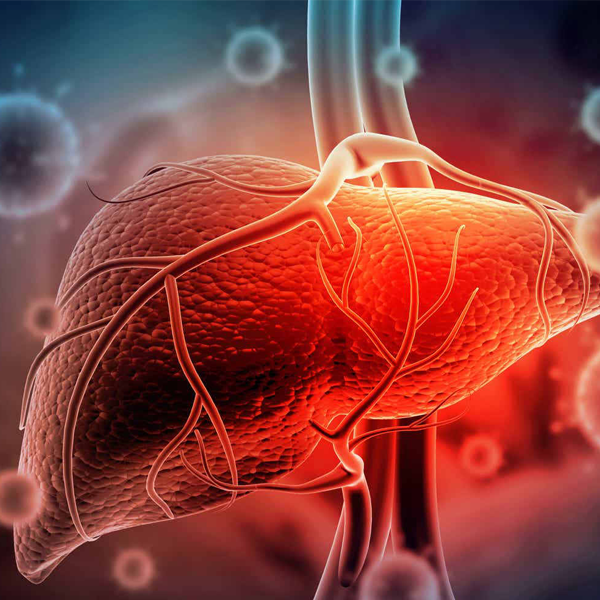Hepatitis B and C Treatment
Hepatitis B and C Treatment
Why It’s Necessary: Hepatitis B and C are viral infections that cause chronic inflammation of the liver. If left untreated, they can lead to severe liver damage, including cirrhosis and liver cancer. With the latest medical advancements, these conditions are now highly manageable and, in the case of Hepatitis C, often curable. Early detection and consistent treatment are vital to protect your liver and improve your long-term health.
How It’s Done: Our approach to hepatitis treatment is comprehensive and personalized. First, we will perform a thorough evaluation to determine the extent of your liver damage and the specific type of virus. Treatment typically involves a course of highly effective antiviral medications, which have very high cure rates. We will also provide guidance on important lifestyle changes, such as avoiding alcohol, and schedule regular monitoring of your liver function and viral load to ensure the treatment is working as it should.
Precautions: The most important precaution is to follow your medication schedule exactly as prescribed and attend all your follow-up appointments.


Adhere to Your Treatment Plan: Consistency is crucial with antiviral medications. Don’t skip doses.
Avoid Alcohol: Alcohol can cause further liver damage, so it’s important to avoid it completely during your treatment.
Attend All Appointments: Regular monitoring is key to ensuring the medication is working and to watch for any changes in your liver health.


